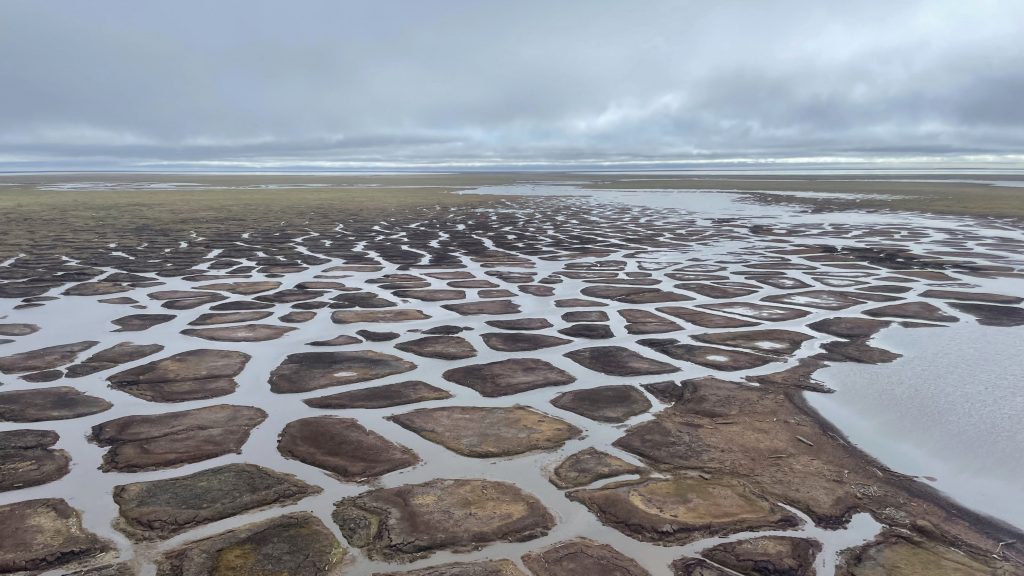
Marine flooding degrades permafrost near Point Lonely, Alaska. As compound climate impacts accelerate coastal change, there is an urgent need for adaptive strategies to protect vulnerable communities and infrastructure. (Photo by: Benjamin M. Jones, Institute of Northern Engineering, University of Alaska Fairbanks)
The ocean is a dynamic and interconnected system that governs Earth's climate, sustains countless ecosystems, and shapes the lives of all species, including humans. Covering over 70% of the planet's surface, it plays a critical role in regulating temperatures, cycling nutrients, and driving weather patterns. From the shallow coastal regions teeming with biodiversity to the mysterious depths of the seafloor, the ocean's vast expanse is a cornerstone of life on Earth.
Understanding how the ocean works involves exploring the intricate processes that define its structure and behavior. Its chemistry influences everything from the water's ability to support life to its role in carbon storage. Ocean circulation, powered by winds and temperature gradients, connects distant regions and redistributes heat. Additionally, the ocean's relationship with the atmosphere, frozen poles, and underlying seafloor reveals a complex web of interactions essential to maintaining the planet's balance.
All Topics on Coastal Science
Changing Shorelines & Erosion
Waves, currents, wind, storms, and tides form complex interactions over time to cause erosion along some stretches of shoreline and growth in others.
Groundwater
Groundwater is water that exists underground in the spaces between grains of sand or gravel or in the cracks and fractures in solid rock—part of the global water cycle.
Rivers, Estuaries, & Deltas
Rivers, estuaries, and deltas are key to understanding the chemical structure of seawater, and are home to some of the world's most diverse ecosystems.

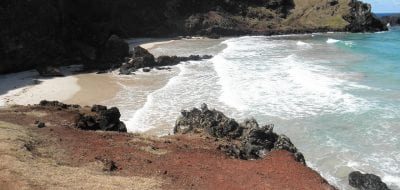
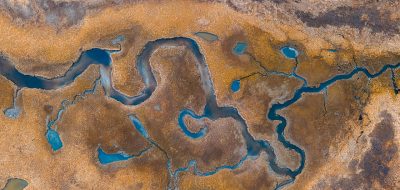
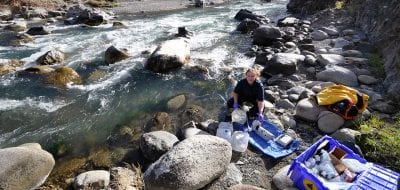
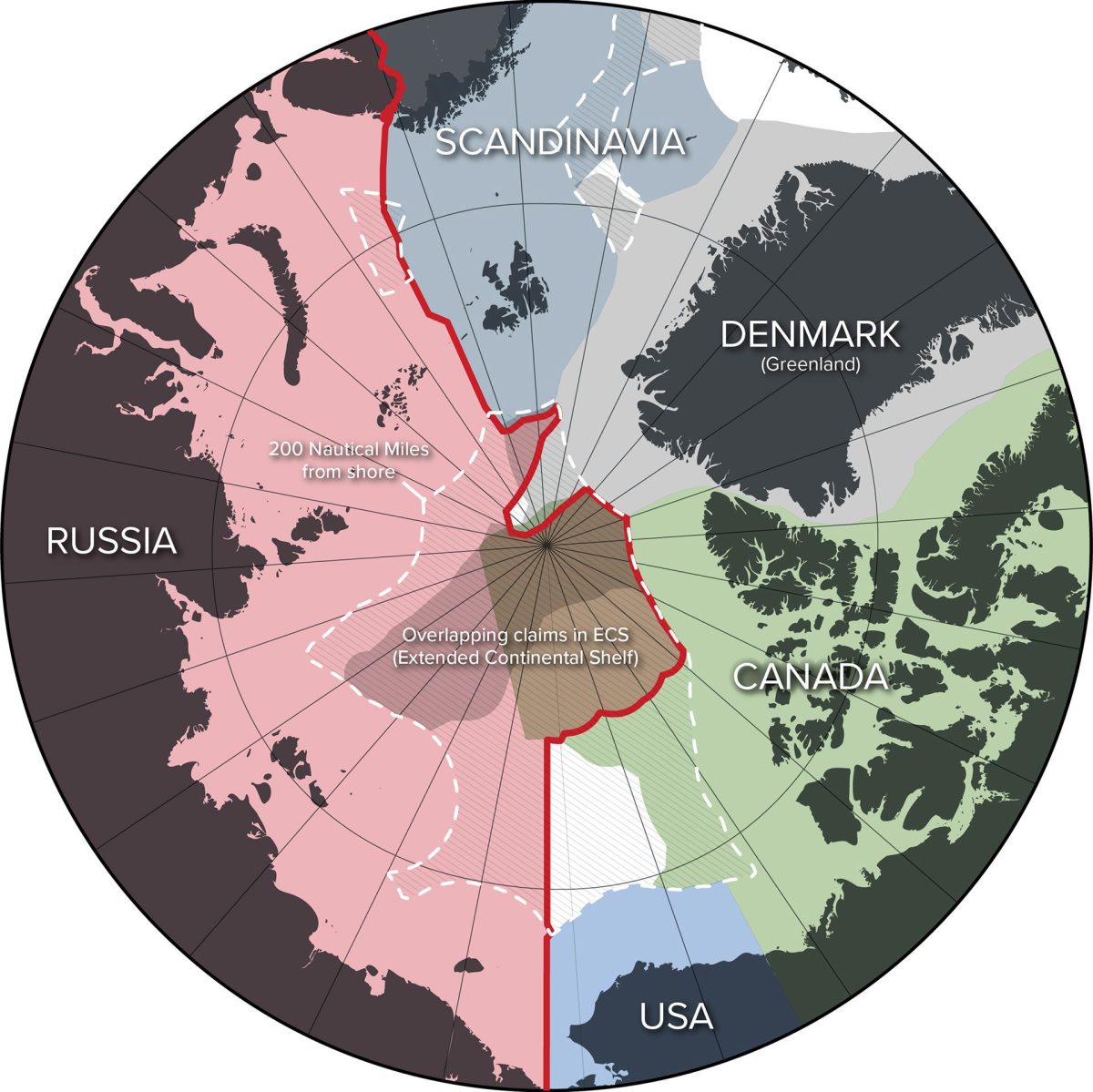
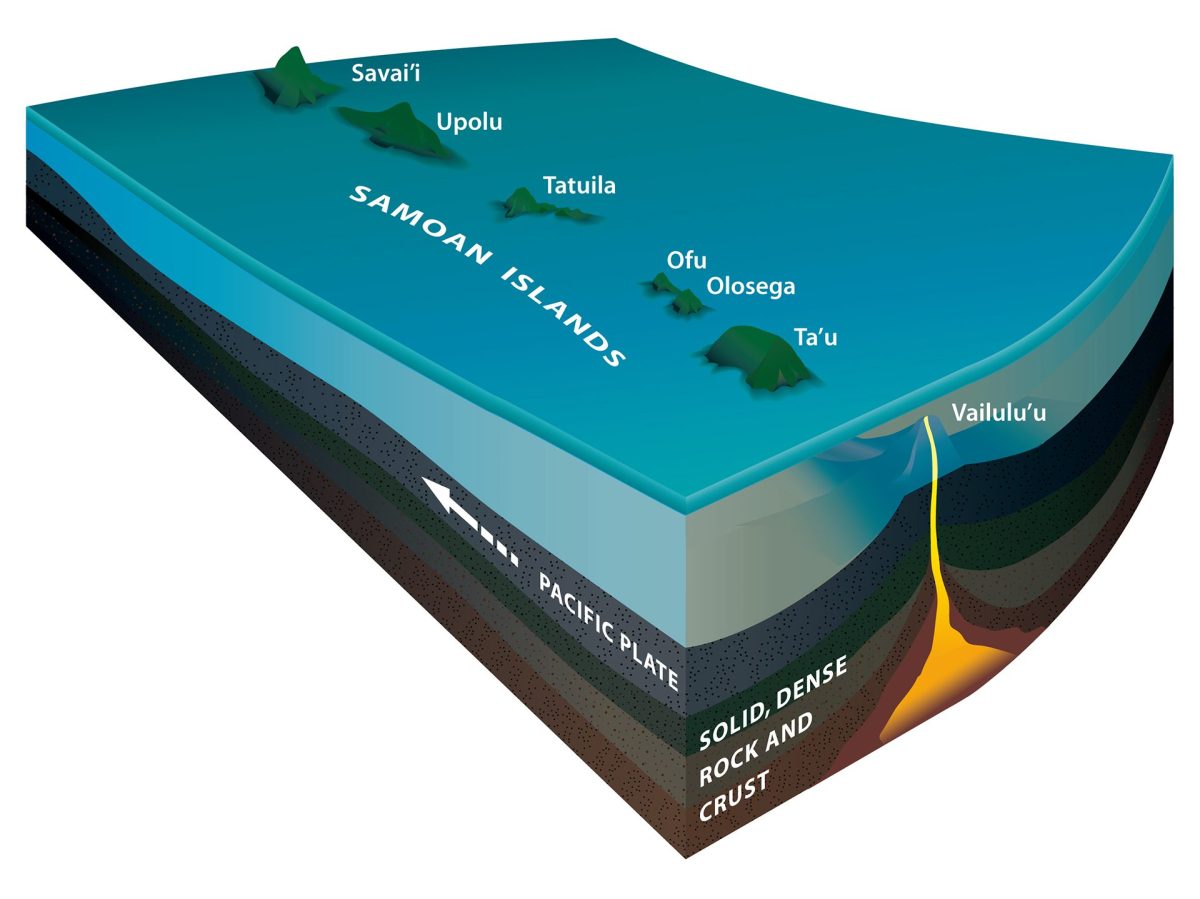
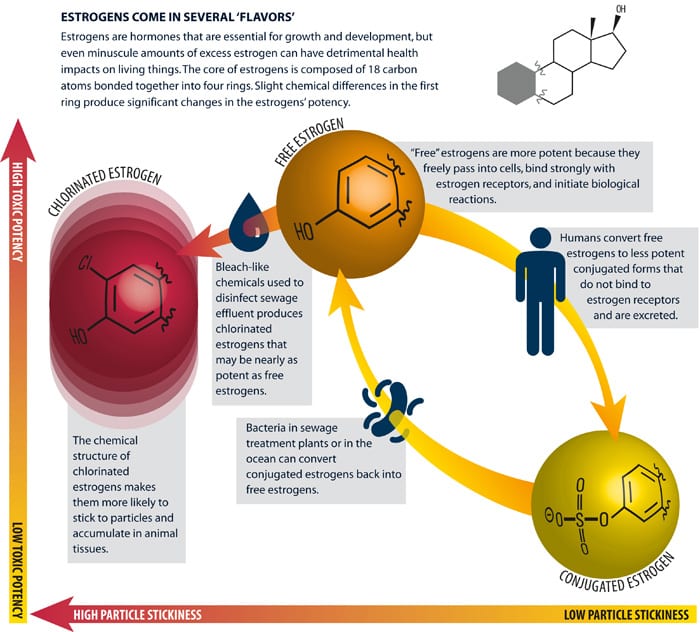
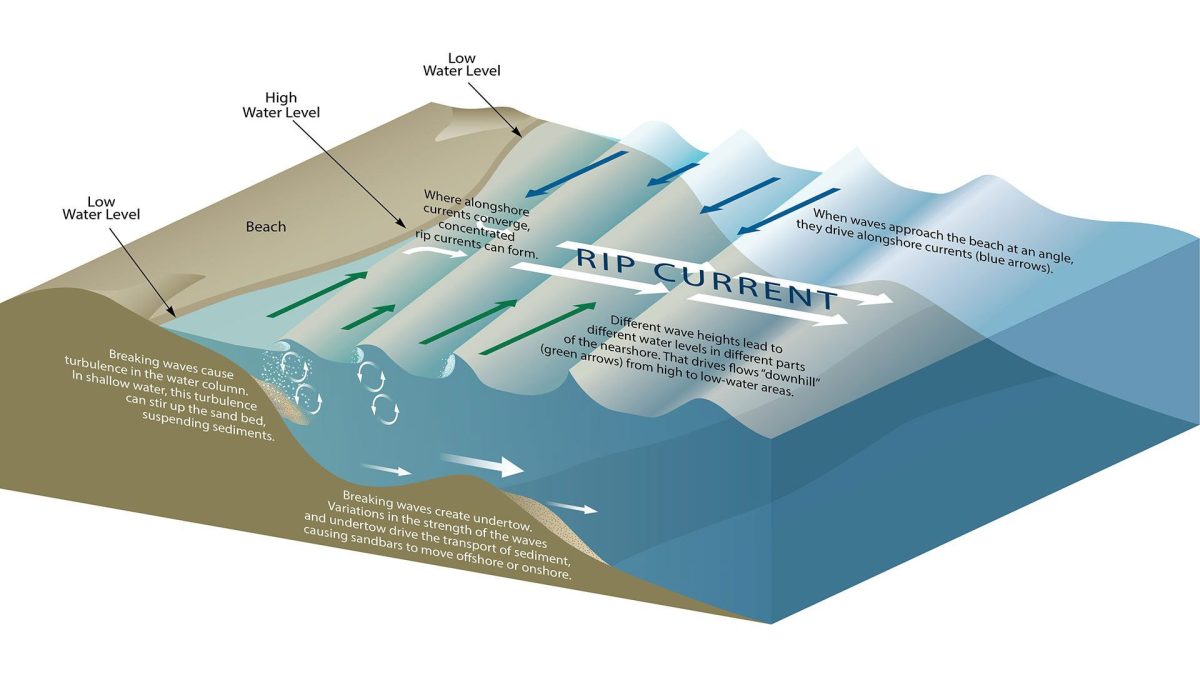
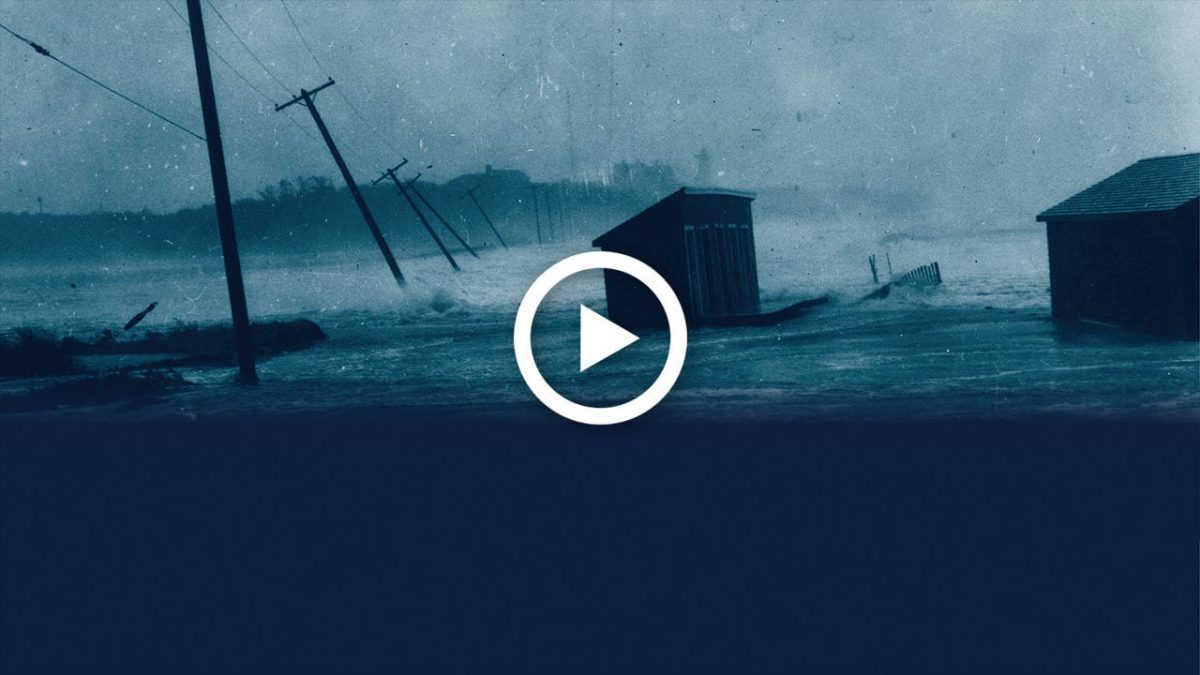
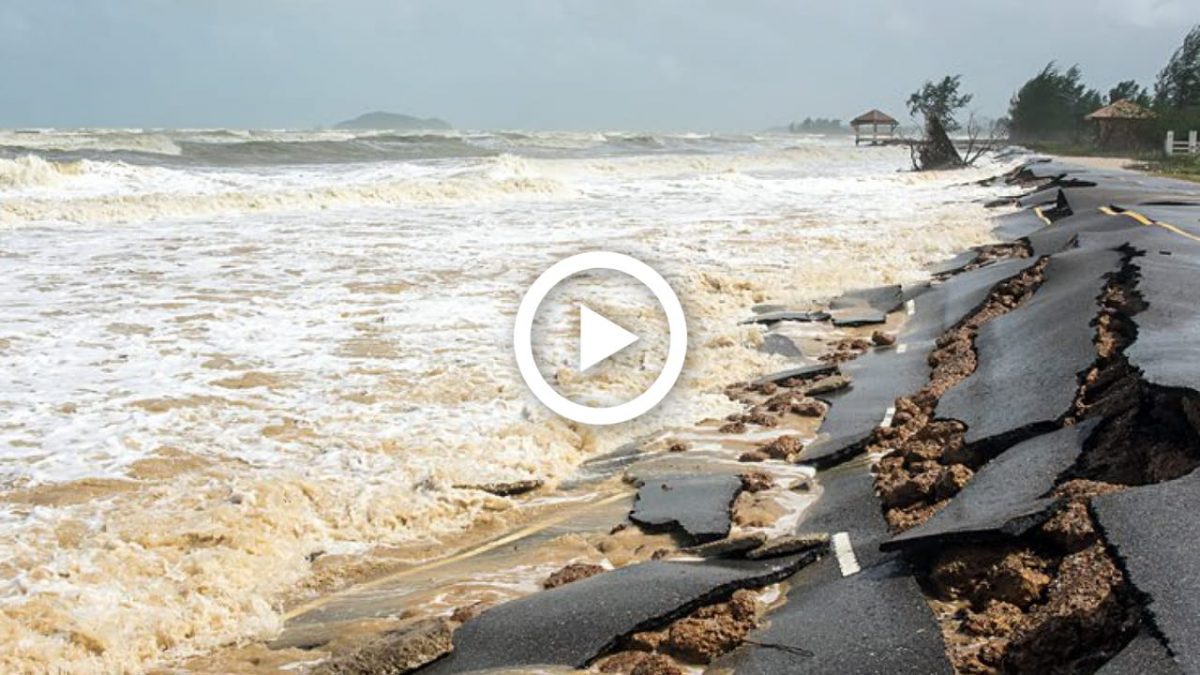
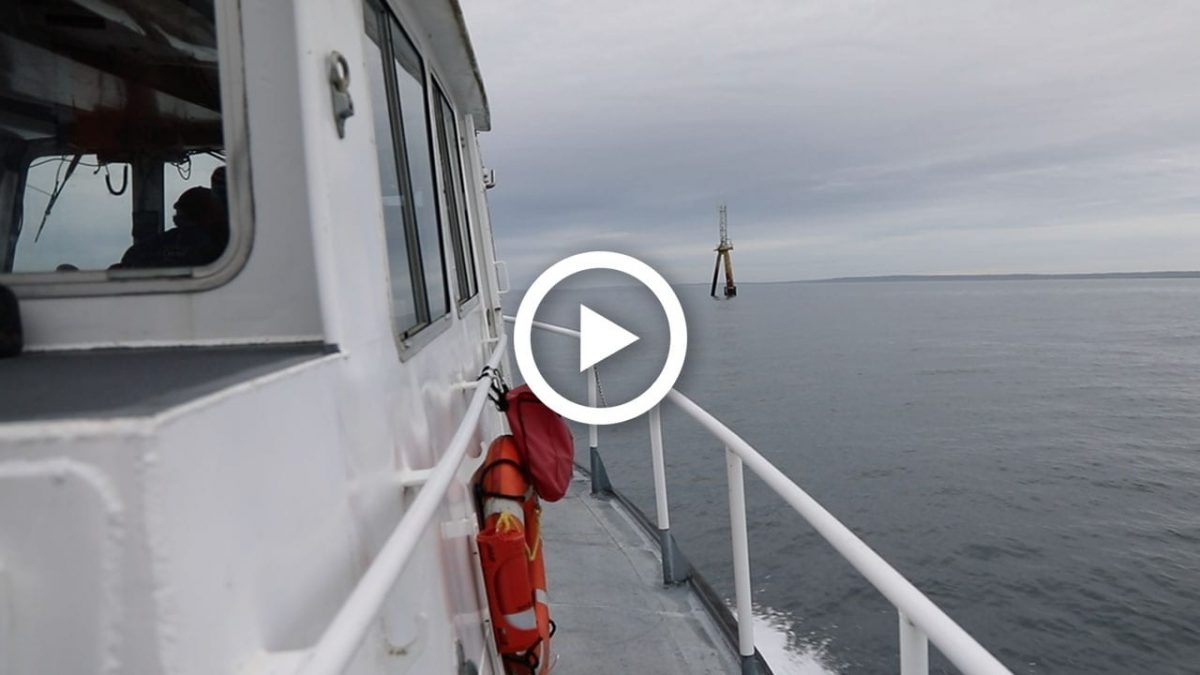
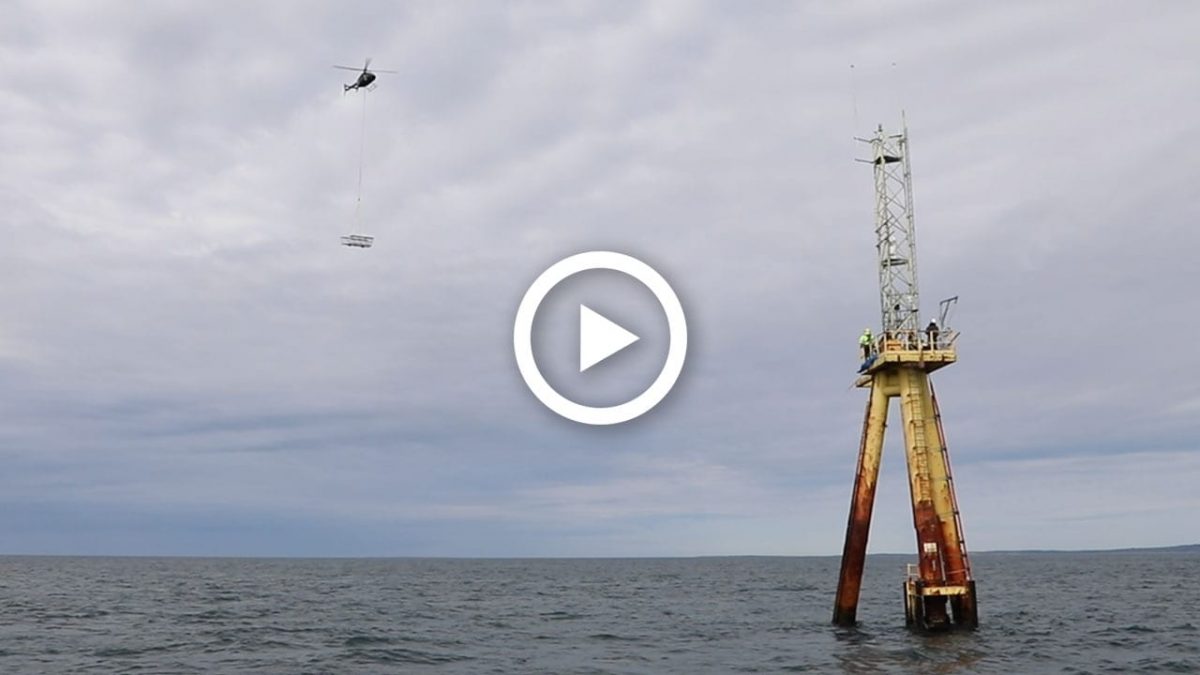
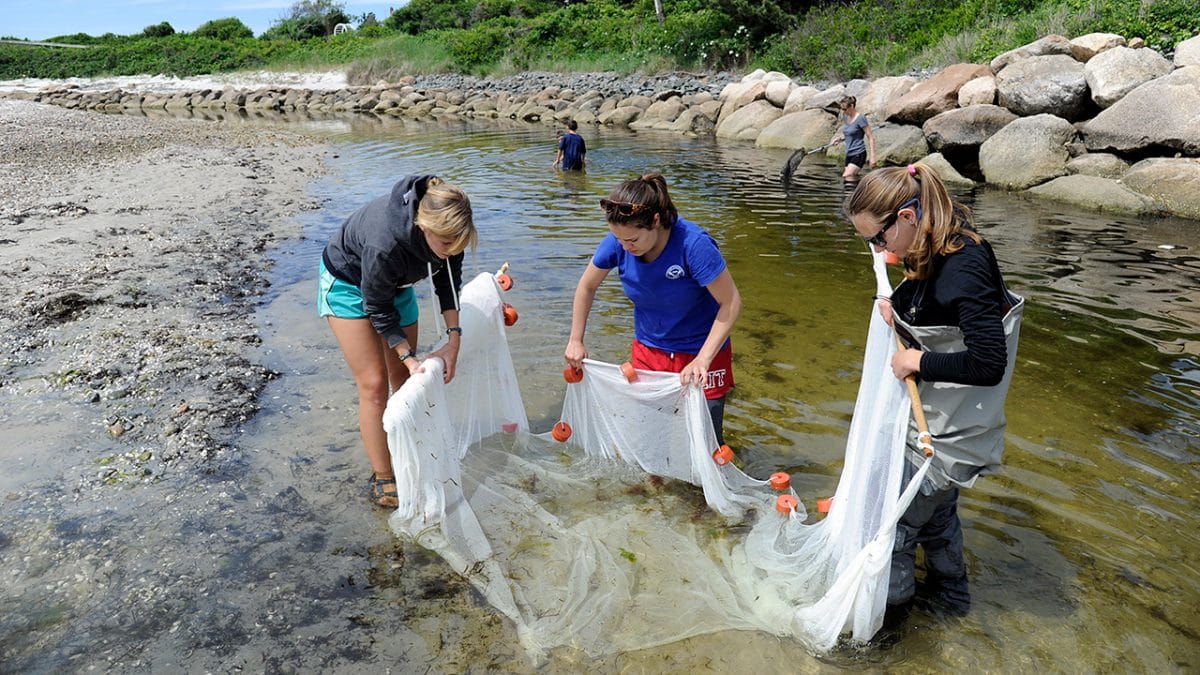
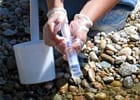
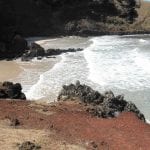 Changing Shorelines & Erosion
Changing Shorelines & Erosion 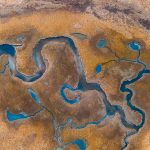 Groundwater
Groundwater 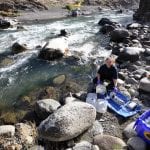 Rivers, Estuaries, & Deltas
Rivers, Estuaries, & Deltas